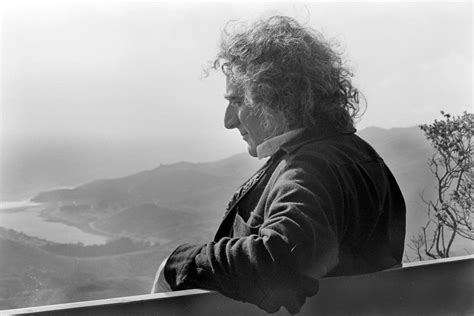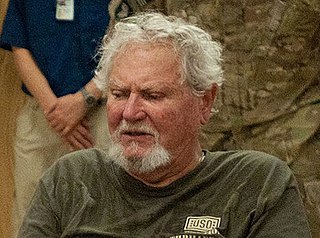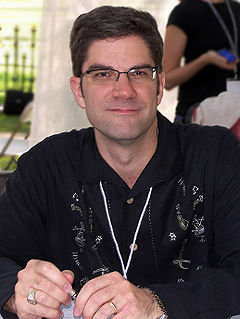A Quote by Guy Kawasaki
Create something, sell it, make it better, sell it some more and then create something that obsoletes what you used to make.
Related Quotes
I often hear that it's unfair that athletes should make what they make versus teachers, because who's more important. But that's not how the market works. Markets don't sign things. You know what you're worth is what somebody will pay you. It's not some arbitrary - the purpose of a company is not to create jobs and health care. That's not why they exist. And it's not to create fairness or any of that. That's not why people form businesses and try to sell a service or a product.
There is quite an important director in Germany who I think in the early fifties over here, and then went back, and he said something that's absolutely true. And it's more important to repeat that today than it ever was. Not for you, but for us over there it is important. He said, 'In America they make movies like art, and sell it like commodities. We make make movies like commodities and sell them like art.'
Most of the time, when you need something at a company, you make it. If you want to sell a product, you create it. If you need a head of marketing, you hire one. If you want to create a great company culture, what do you do? The lack of a clear answer on this is why I believe most companies don't have a great culture.
I sell architecture better and more directly and more vividly than the architect does... The average architect is stupid. He doesn't know how to sell. He's not a merchandiser. He doesn't know how to express his own image. He doesn't know how to create a design of his image... And I do it. I've done it all my career over half a century, and it gets better.
No one forces me, or any other writer, to sell a film option on the books. If you don't want to run the risk that the filmmakers may adapt your work in a way you don't like, then you don't sell the option. You know when you sell it that they will have to make some changes, just because film and TV are different media than books.
Some people create with words or with music or with a brush and paints. I like to make something beautiful when I run. I like to make people stop and say, 'I've never seen anyone run like that before.' It's more than just a race, it's a style. It's doing something better than anyone else. It's being creative.
Without investments in research and science that will create the next Apple, create the next new innovation that will sell products around the world, we will lose. If we're not training engineers to make sure that they are equipped here in this country, then companies won't come here. Those investments are what's going to help to make sure that we continue to lead this world economy not just next year, but 10 years from now, 50 years from now, a hundred years from now.


































